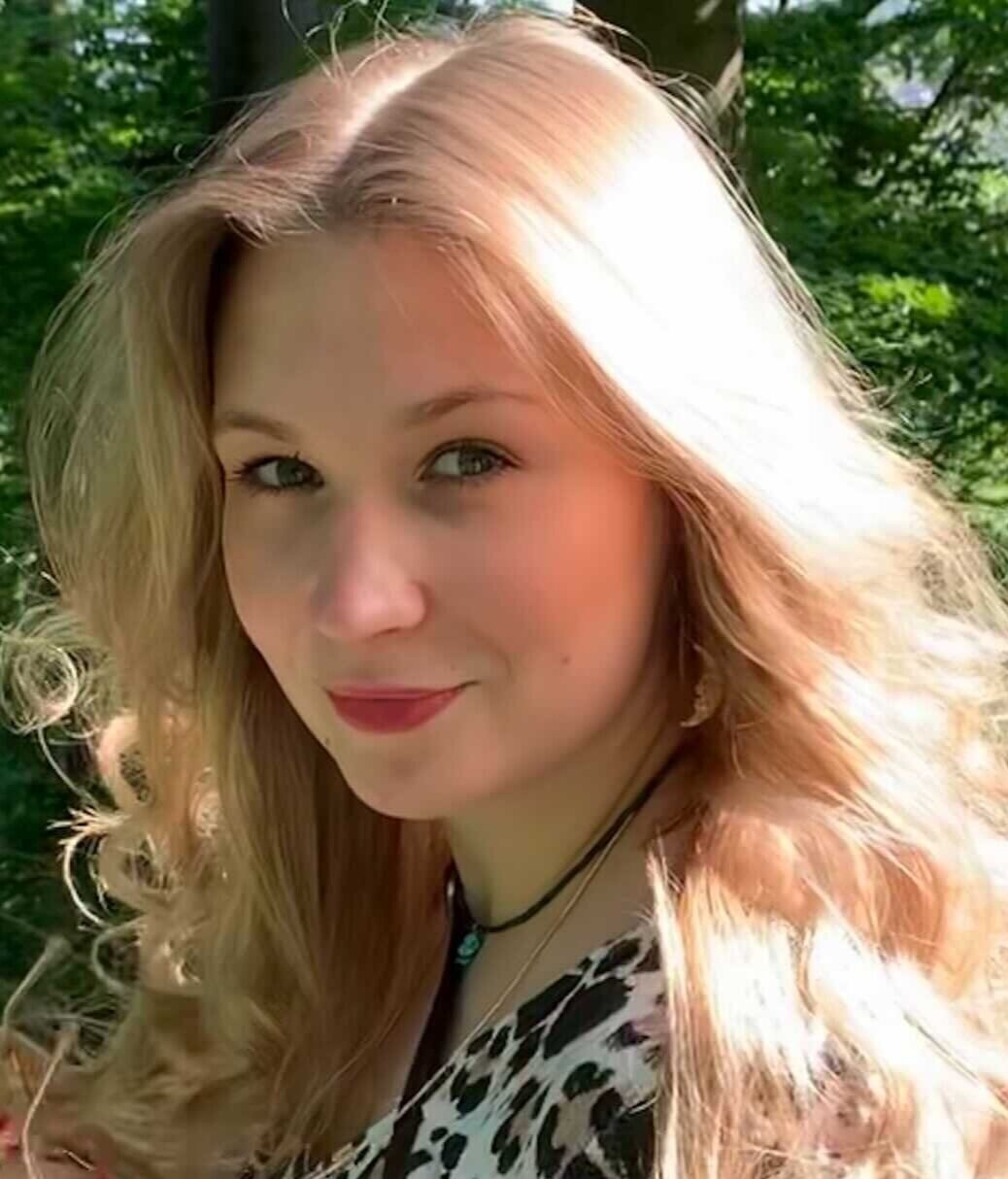Wednesday, June 9th, 2021
1pm – 3:15pm EST, Hosted virtually
DURC WOrkshop
Knowledge, techniques, and products of life science research can often be used in more ways than just the intended application. Some research projects have a high potential to be misused to cause harm to humans, animals, crops or the environment. So-called “dual-use research concern (DURC)” are managed by biosafety regulations and export control measures of pathogens. However, it is often not the result of the research that contains the dual use character, but the methods and techniques developed alongside the research. Researchers need to be aware of the dual use potential of their own research, but most life-science students graduate without ever hearing the term. The DURC workshop aims to introduce researchers, graduate, and post-graduate students to DURC considerations and the relevance of communicating these within the scientific community.
During the interactive workshop, the participants will work on case studies with a hidden DURC potential and try to identify and classify biosafety and biosecurity risks as well as think about consequences if the proposed research project would be implemented in the real world. The case studies will be evaluated followed by a short talk communicating the importance of considering DURC. The workshop ends with a discussion on education on biosecurity within universities.
The workshop is conducted by Svenja Vinke and Irina Rais. The organization of the workshop is done by the Alberta RNA Research and Training Institute (ARRTI) at the University of Lethbridge, in collaboration with Synbio Canada. Participants of the workshop will receive an official certification.
REGISTRATION ENDED
A follow-up panel discussion on DURC will take place June 23, 1:00pm - 2:30pm EST. Registration is free and open to all
Svenja Vinke
is a PhD student at the Center for Biotechnology (CeBiTec) working on a xenobiology project. She has been supervising the Bielefeld iGEM teams since 2018 and came into contact with biosecurity issues through Irina's iGEM team. She is the commissionar for Ethics, Biosafety and Biosecurity in the International Directed Evolution Competition and a member of the iGEM Safety and Security Committee.
Irina Rais
from the University of Cologne has been working on biosecurity issues since her participation in the international Genetically Engineered Machine (iGEM) competition in 2018. Irina's team recognized a potential of misuse of her project idea and designed an outreach project to spread awareness of biosecurity issues within the iGEM competition. After the competition, Irina gave talks on science misuse and science communication. In 2020, she became a member of the iGEM Safety and Security committee.





